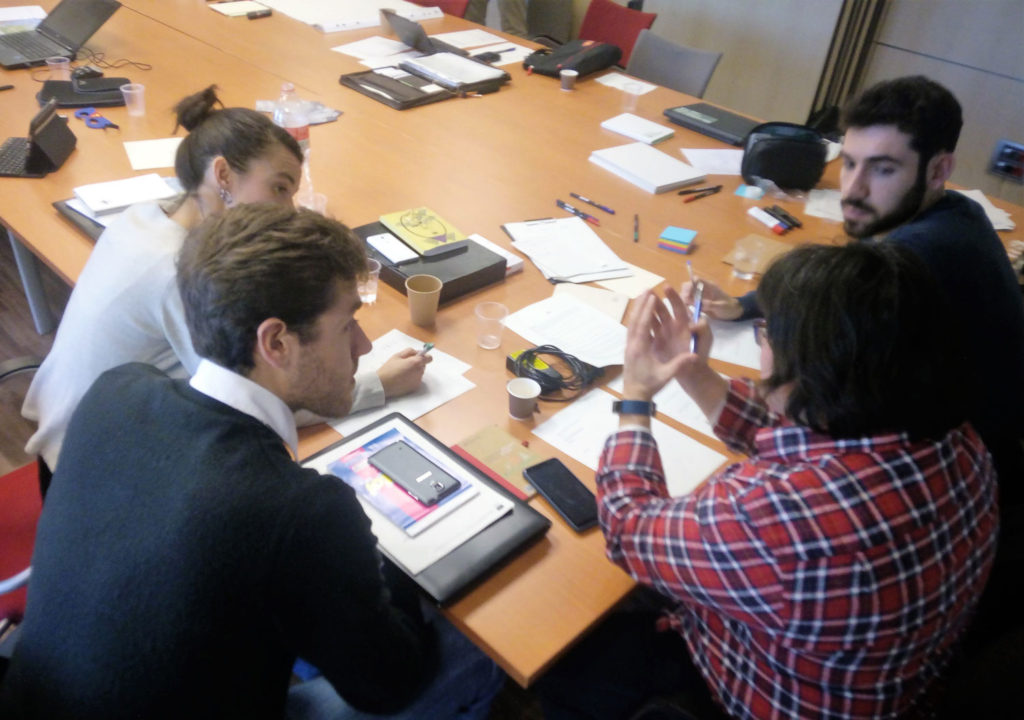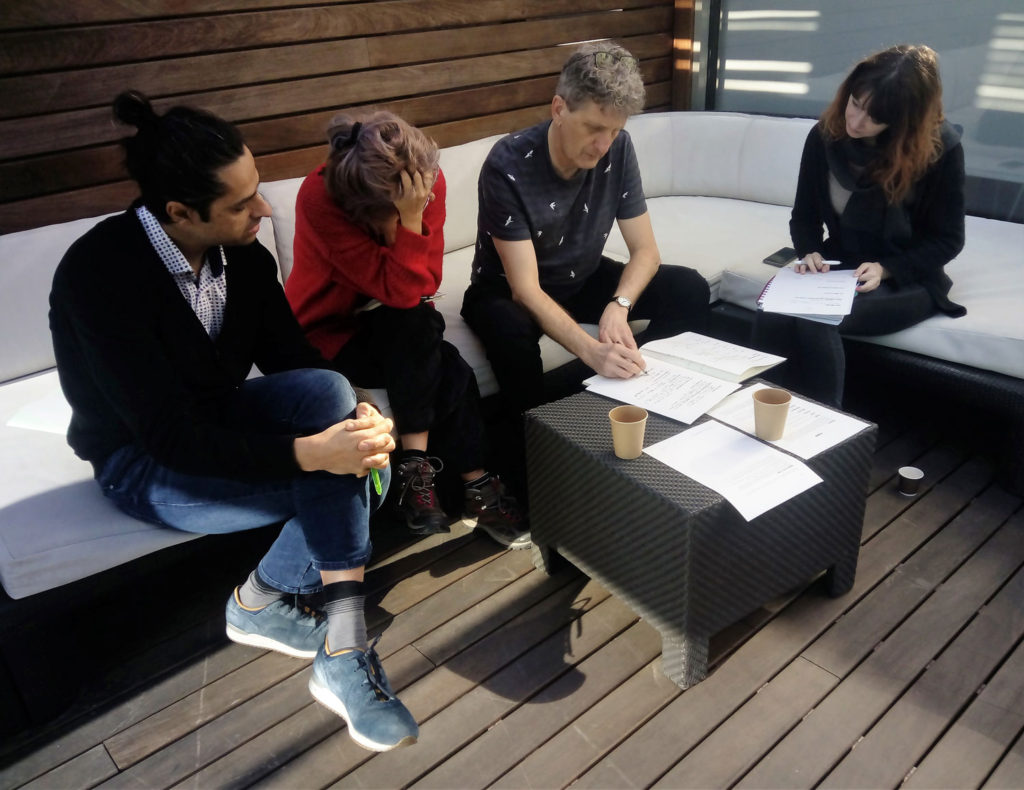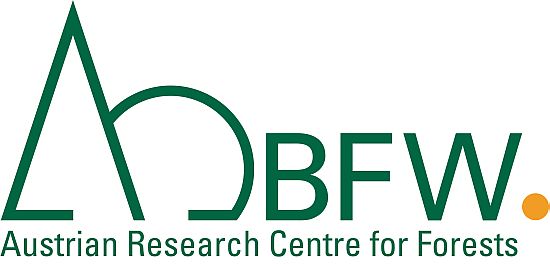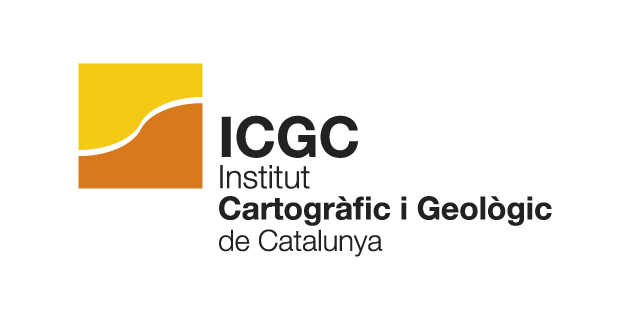In February 2020, technicians and researchers from the eight institutions that are partners of the project, together with several invited experts from Wageningen University & Research, Institute for Snow and Avalanche Research, Fire Service of Catalonia, Polytechnic University of Catalonia, Catalan Water Agency, French Civil Protection, among others, participated in the 1st RECIPE workshop. In total, more than 18 academic and operational institutions were represented, with about 30 experts from Italy, Austria, Germany, Netherlands, France, Portugal and Catalonia.
The 1st Workshop was part of the Work Package 2 – Framing civil protection requirements for integrated multi-hazard risk management, which seeks to frame a common risk assessment approach, able to integrate multi-hazard risk interactions and the civil protection and emergency management requirements into the risk planning process.
The general objective of the workshop was to define a common baseline in terms of methodological components towards an integrated prevention-preparedness-response risk management approach under cost-efficient criteria. This shared common understanding of risk components is necessary to undertake a multi-hazard risk assessment, and to evaluate how new situations posed by climate change can modify the level of risk. The results of this workshop will serve as a basis for the subsequent project action.
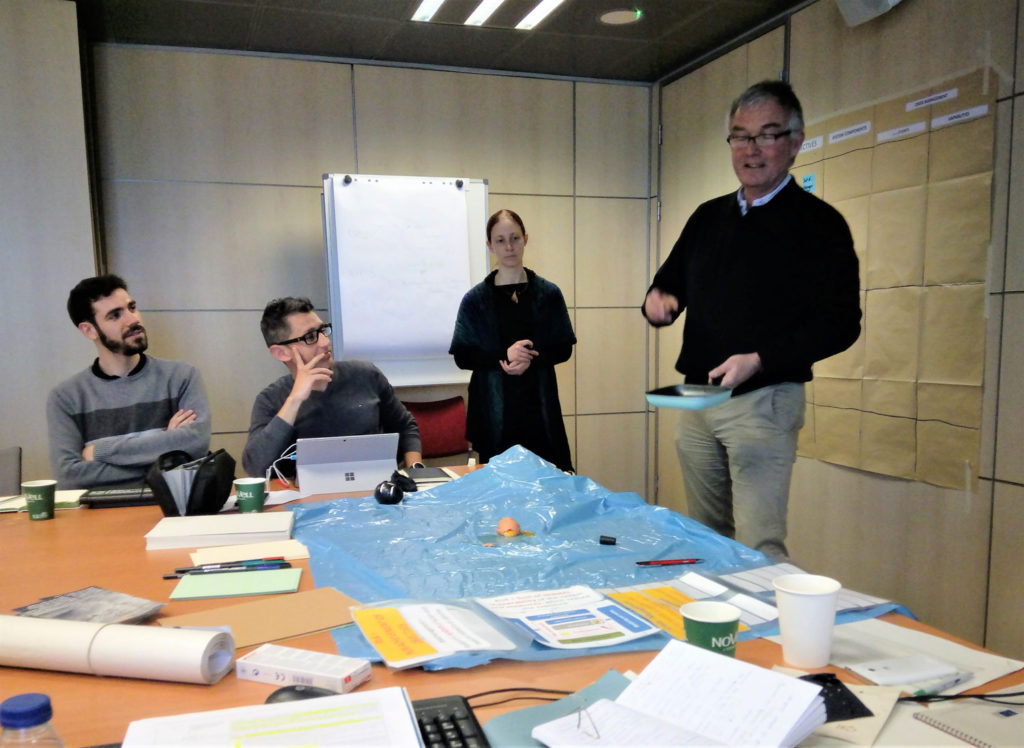
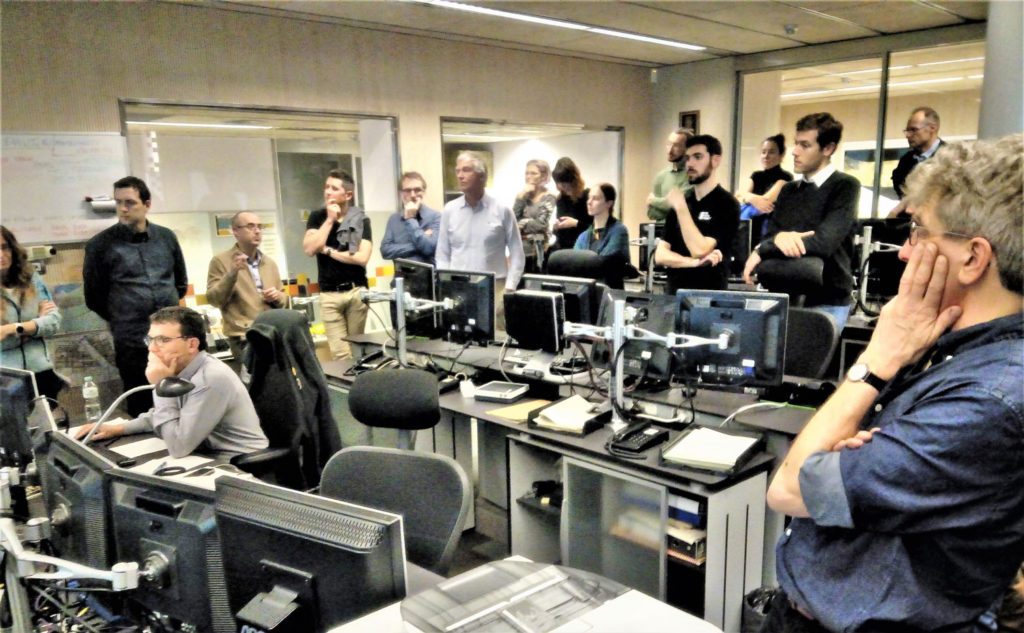
In a first session, an introduction to risk and crisis management was done, followed by the presentation of selected best cases, methodologies and tools towards integrated prevention-preparedness-response approaches into Disaster risk reduction (DRR) strategies.
Second day, in a participatory session the risk components (hazard, exposure and vulnerability) was defined per each single natural hazard (wildfires, floods, storms, avalanches, rock-falls and landslides), as well as attributes and factors that increase/reduce the risk (e.g. territory and infrastructures) identified and contrasted among hazards and their potential interactions. The session included first, a quick look on a case-study done with RISKPLAN tool. Second, a collection of factors and system components within hazard groups, building on what project partners have prepared, complemented with the contribution of external experts. In a third stage, a development of scenarios following the approach used in RISKPLAN and discussing about a possible risk dialogue with different agencies.
Last session included the presentation of the operation tools to be developed at a pilot site level to reinforce civil protection capabilities with the participation of public agencies towards end-users oriented focus.
Agenda, minutes and presentations
